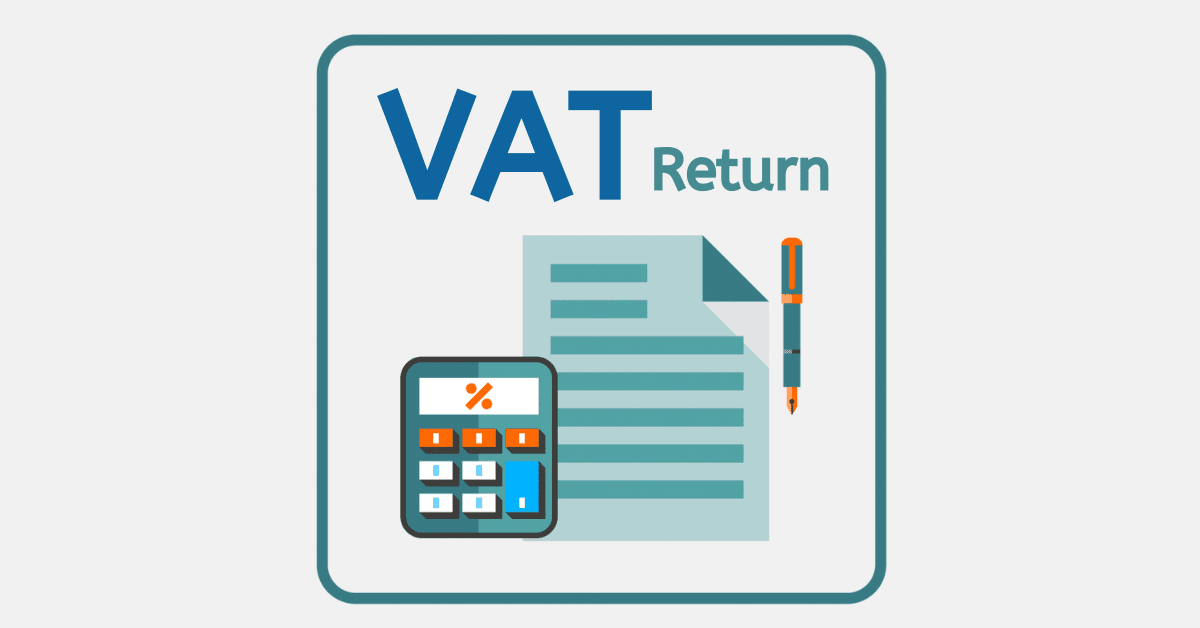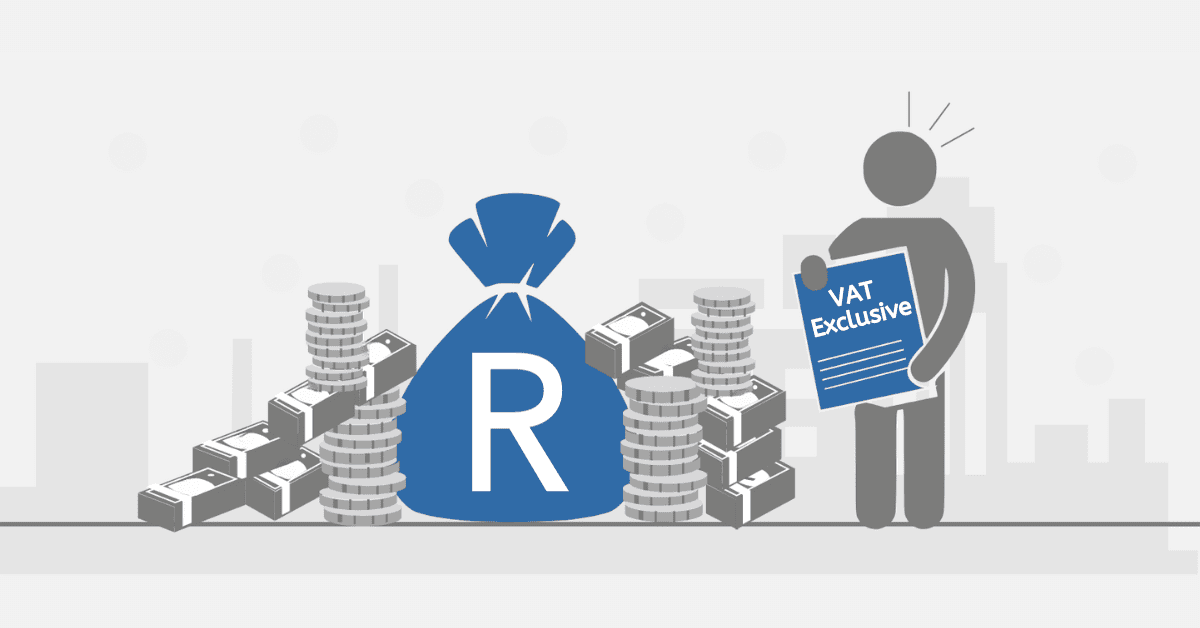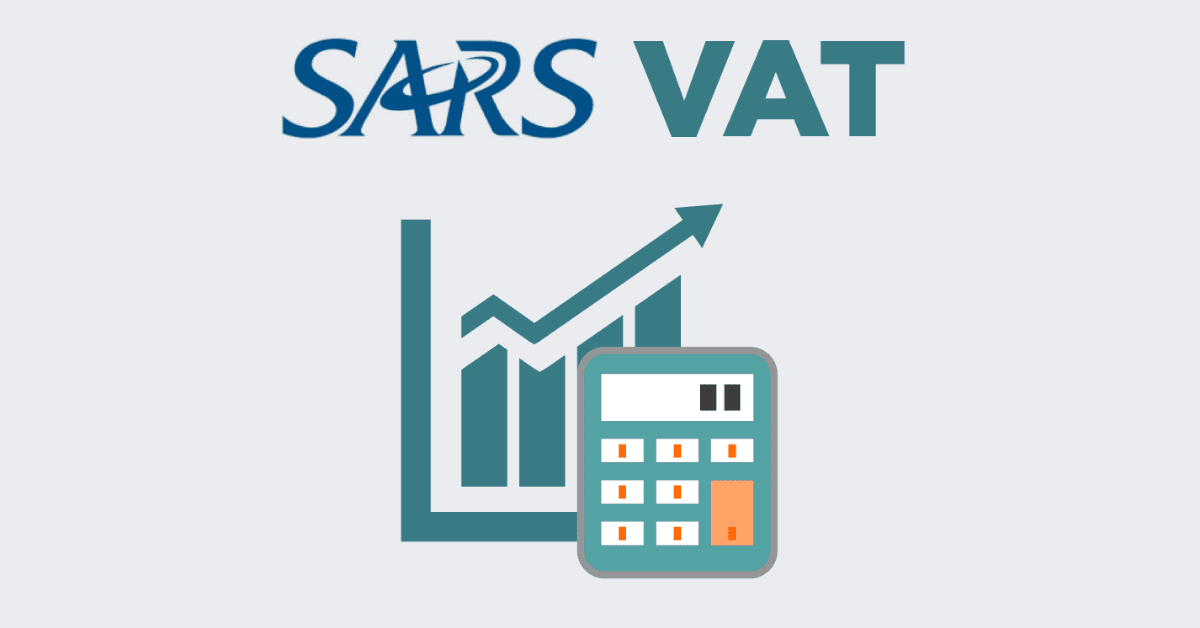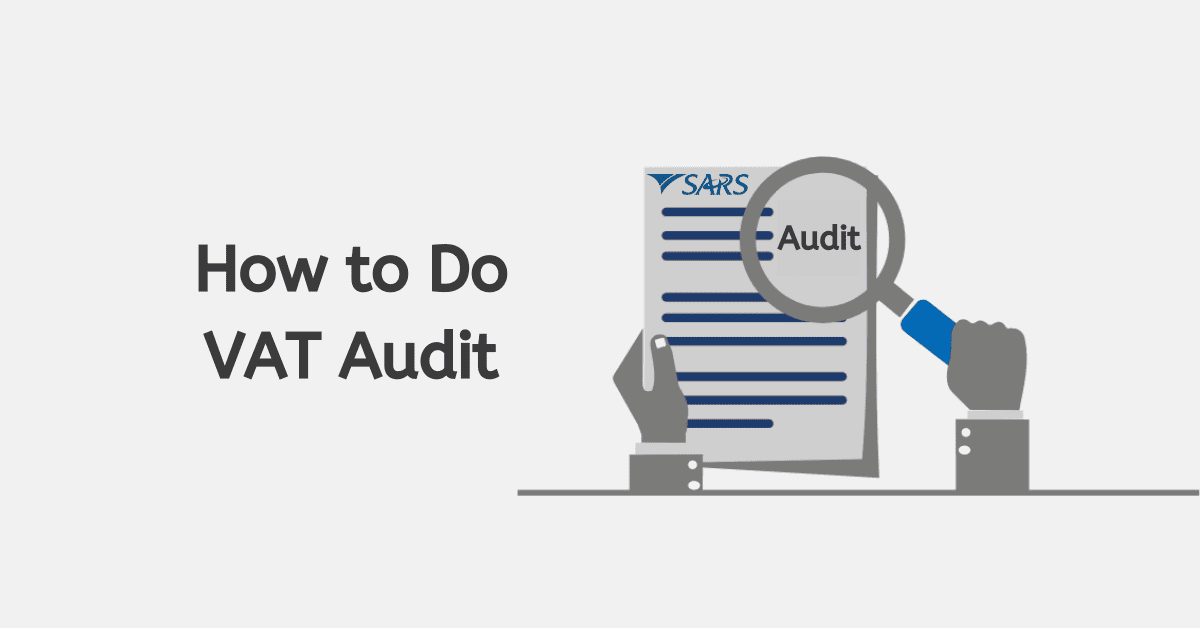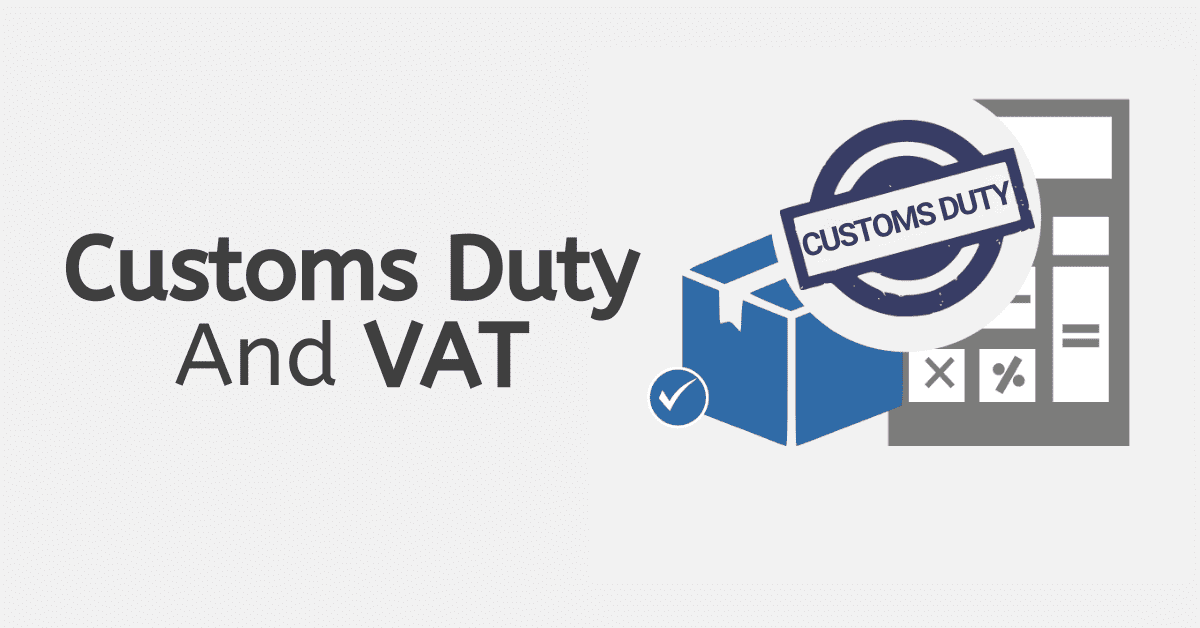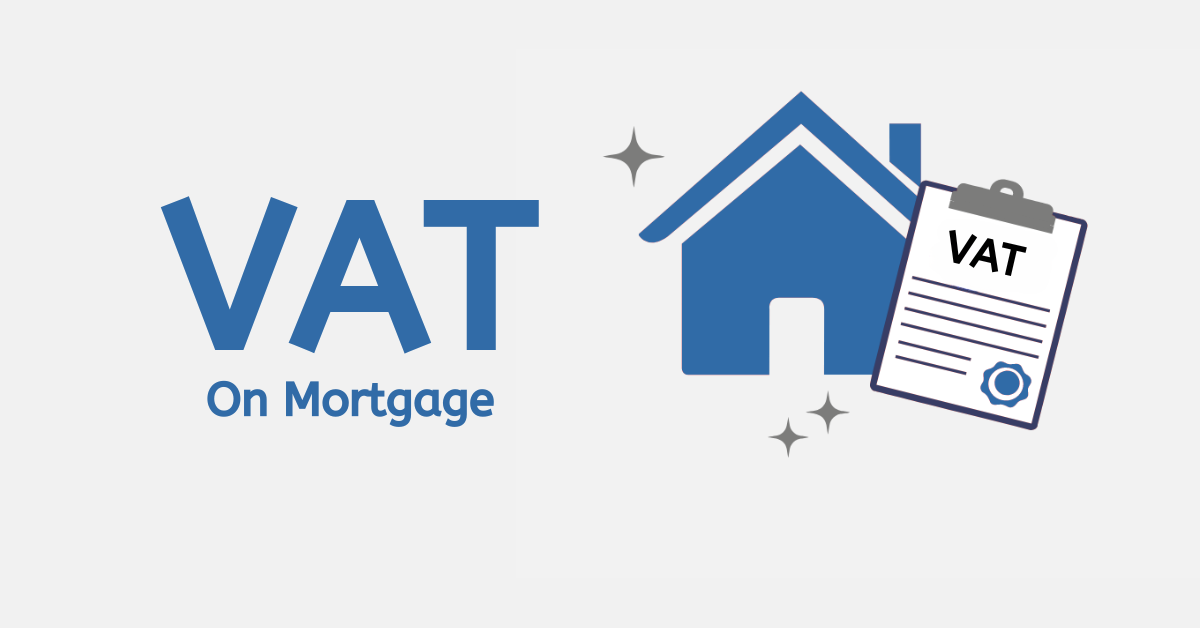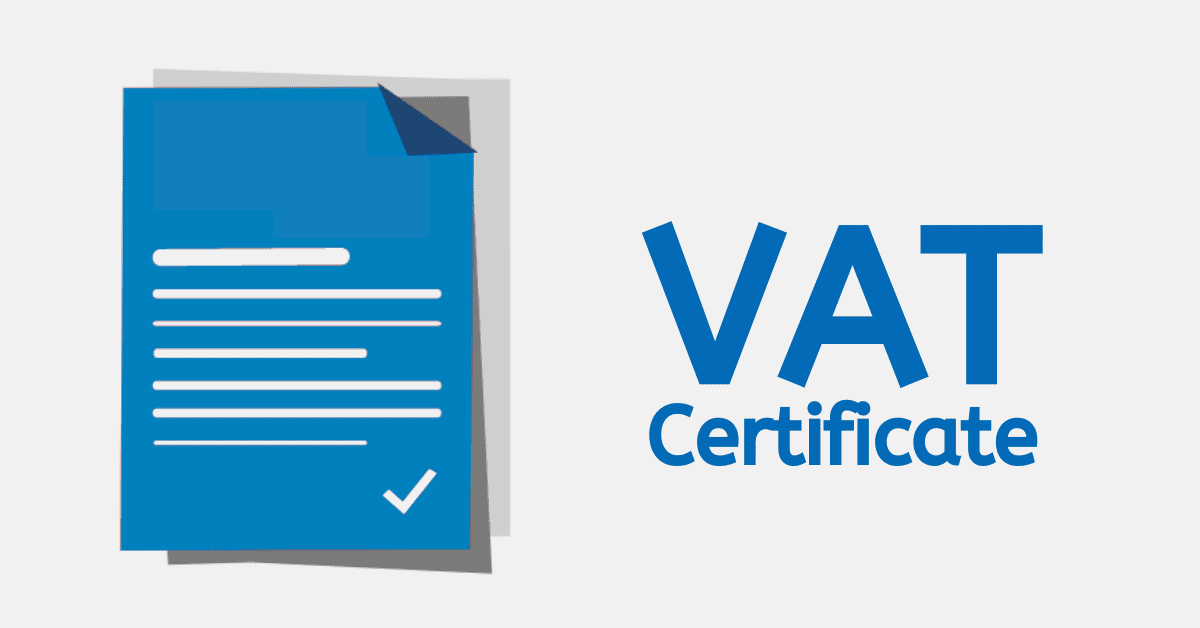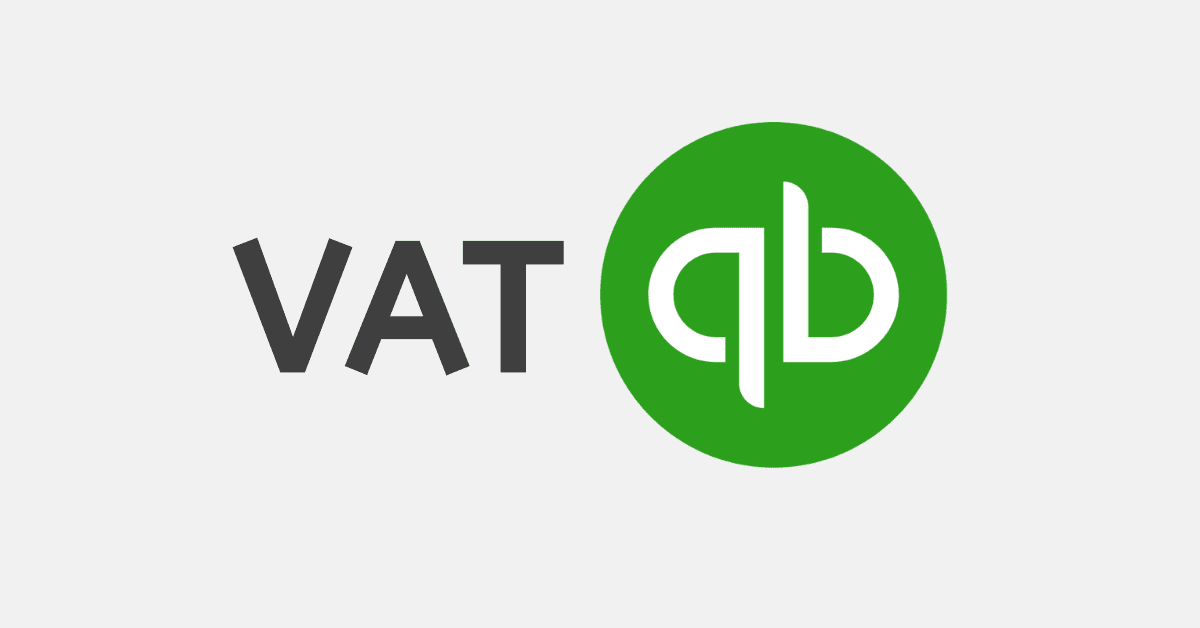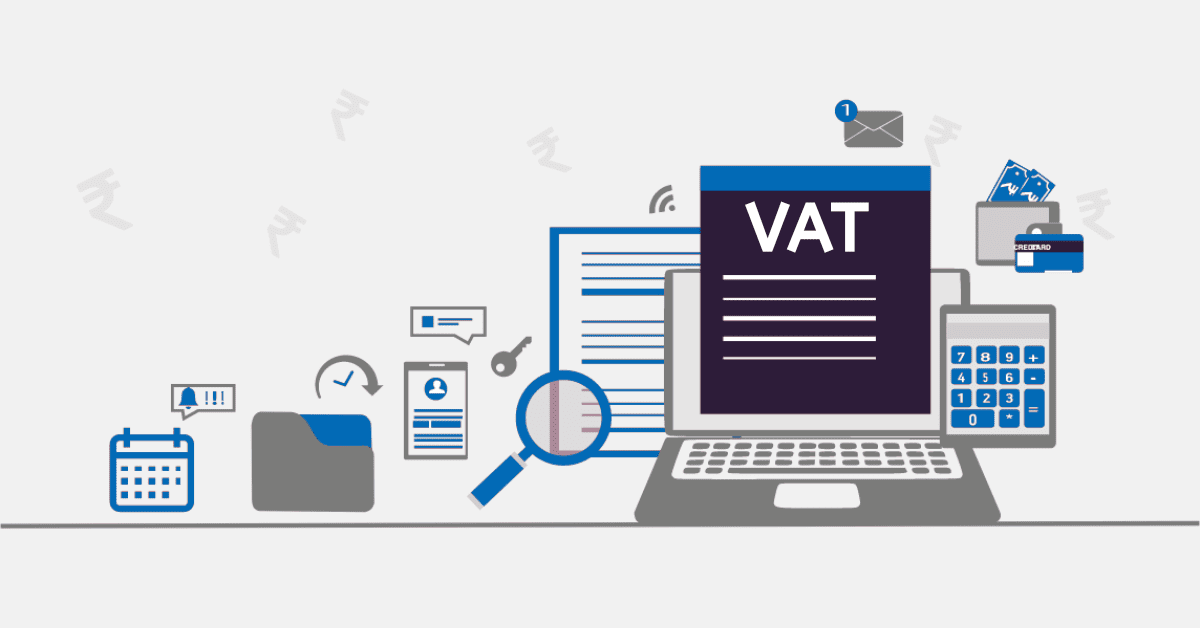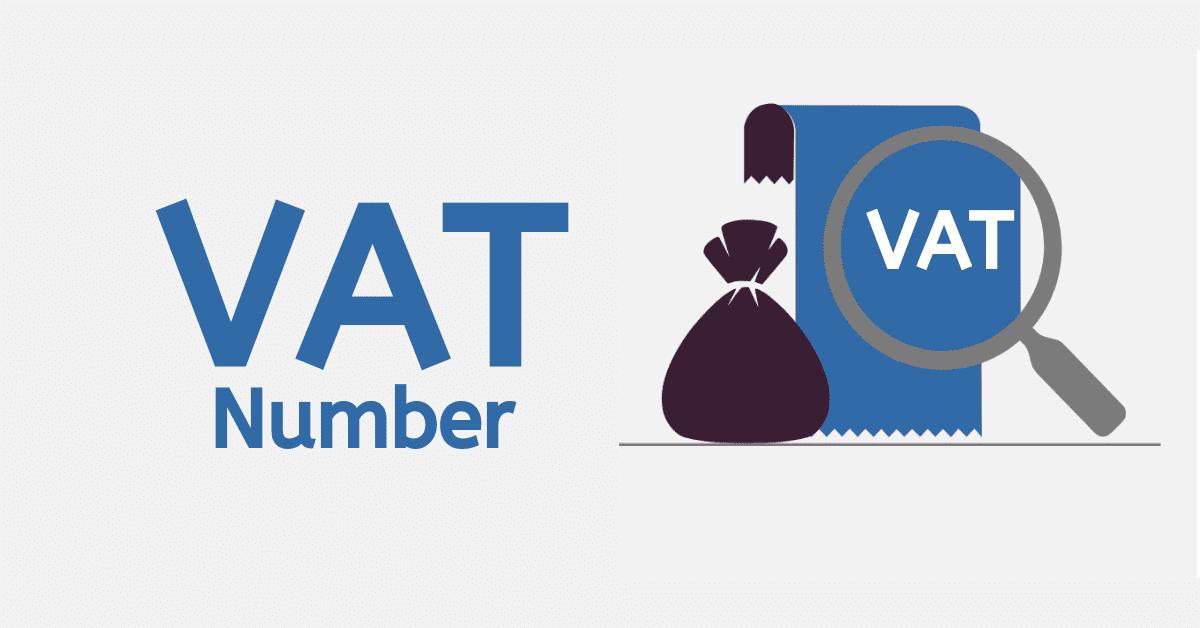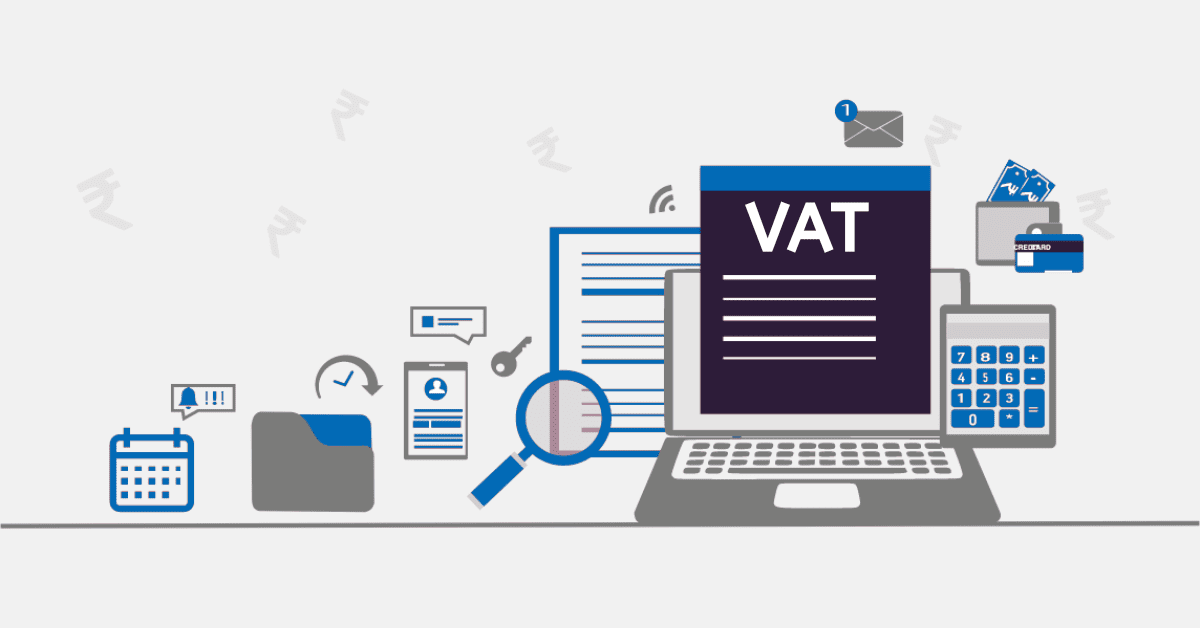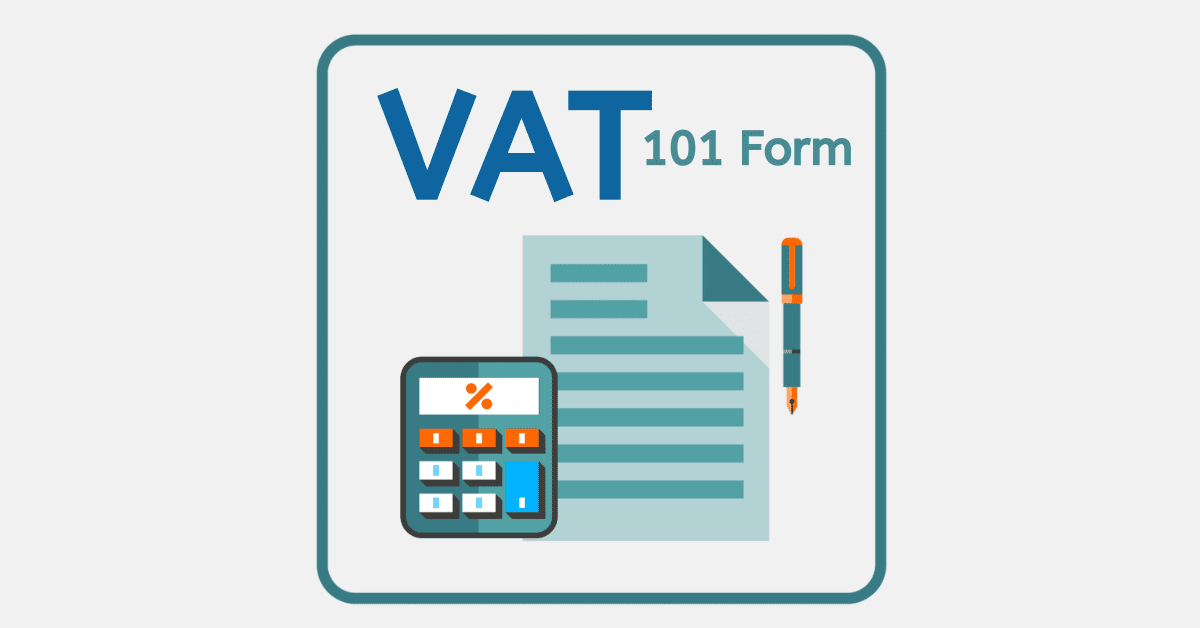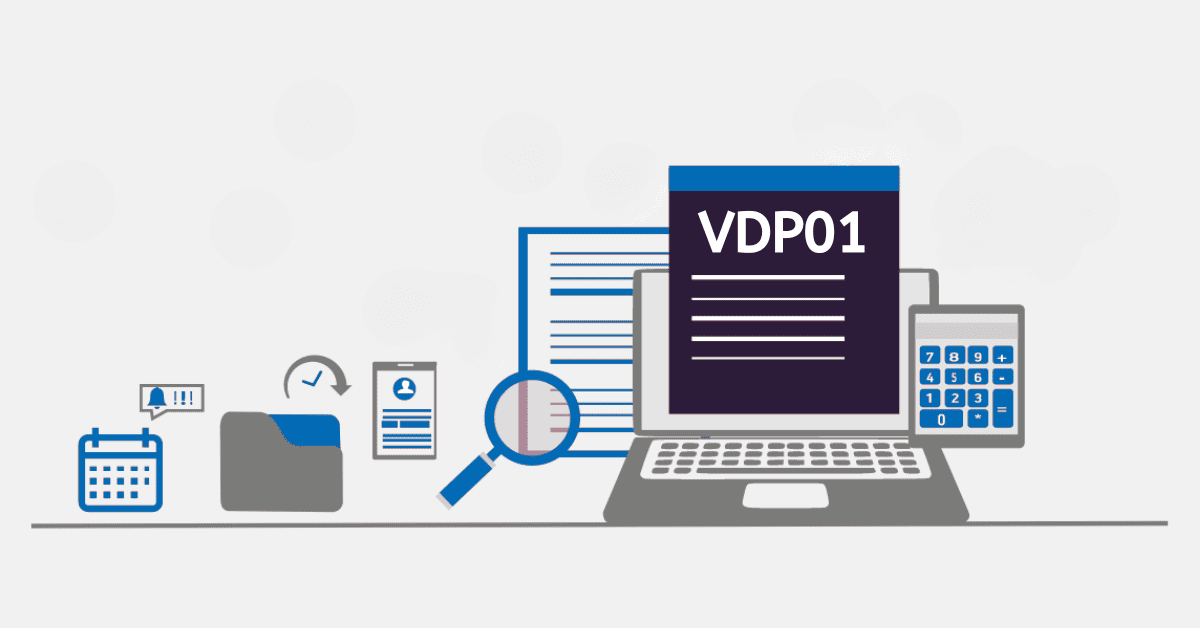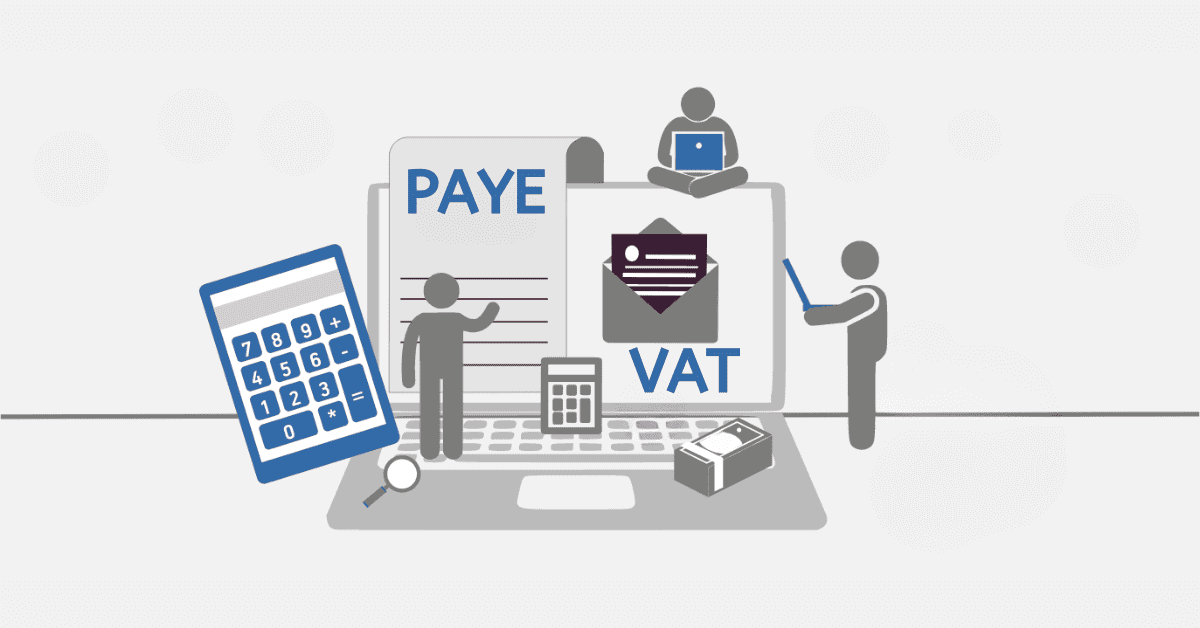While many businesses that operate in South Africa are registered for VAT to reduce the overall VAT burden they carry, not all businesses have to be VAT-registered. You can voluntarily register once your turnover reaches R50,000, but registration only becomes compulsory if you are making more than R1,000,000 a year. If your circumstances change, your income reduces, or you simply no longer have any use for being VAT registered, you can opt to deregister for VAT. Today, we are looking at this side of the process in greater detail.
How Long Does It Take To Deregister For VAT?
Most commonly, you will deregister for VAT if you are closing down operations or no longer meet the threshold for VAT registration. However, the timeline for VAT deregistration is not straightforward, and processing time can vary a lot. As always, SARS gives a 21-day target but cannot always meet this. However, no matter how long it takes to process your VAT deregistration, it will be backdated to end on the last day you traded/were officially eligible for VAT returns, so the length of the deregistration period will not impact you all that much.
How Do I Deregister for VAT In South Africa?
Before beginning the deregistration process, businesses should ensure they meet the criteria for deregistration. Common reasons for deregistration include a reduction in taxable turnover to below the VAT threshold, the complete discontinuation of your business, or a change in your business so you no longer require VAT registration.
Once you’ve determined your eligibility for deregistration, you need to notify SARS. This notification can be done via eFiling or by visiting a local SARS branch. Ensure you provide all the necessary information and supporting documentation to substantiate your request, including a letter saying why you are deregistering. Supporting documents include financial statements, tax invoices, and other relevant records proving you are no longer VAT liable. Legally, if you are ceasing to trade, this has to be done within 21 days of that date. You will use the VAT123e form for this process. SARS will review your application to ensure that you meet the criteria for deregistration.
If you owe any outstanding VAT, SARS will require you to settle these amounts before processing your deregistration. You will have to submit VAT201 forms and continue to charge/claim VAT right up to the last day you are eligible.
If your application is approved, SARS will issue a deregistration certificate indicating the effective date of deregistration. This certificate confirms that you are no longer required to charge and remit VAT. Keep this certificate for your records, as it may be needed for audits or future business dealings.
Generally, it can take several weeks to a few months for SARS to complete the deregistration procedure and issue the certificate.
Can You Deregister For VAT And Then Register Again?
It is possible to deregister for VAT and then re-register in South Africa. This is typically done if a business moves out of, and then back into, the mandatory income threshold. It is also sometimes done if the business previously needed to work with a VAT-registered vendor, loses that obligation, and then needs to use it once again. SARS may be able to reactivate your previous VAT number (if there hasn’t been a considerable period in-between), but you will effectively start the VAT registration process from scratch the second time around, too.
How Long Does SARS VAT Registration Take?
You are obliged to register for VAT with SARS within 21 days of your business becoming eligible, i.e. when you realize your income will exceed the VAT threshold for the previous 12 months. It will take between 10 days and 2 months to process the registration. However, be aware that your VAT liability will then be backdated to the point at which you met the threshold, and your future VAT201 forms and submitted data will need to reflect that.
To ensure the smoothest possible registration time, ensure your registration form is accurate and complete. Errors, omissions, and the lack of needed supporting documents will slow everything down. Additionally, the volume of applications (and other tax-related documents) at SARS will affect the process.
SARS may conduct compliance checks to ensure that you meet the requirements for VAT registration. This step can add extra time to the processing period. However, if you are seen as a ‘non-risky’ applicant, they will often issue a VAT number nearly immediately. Of course, if SARS requests additional documentation or information to support the application, timely submission of these documents will be crucial to prevent delays.
It is natural for businesses to register and deregister for VAT as their trading circumstances change, so this is not a new situation for SARS. Provided you follow their processes for registration and deregistration as mandated, it is usually a pretty smooth process.
